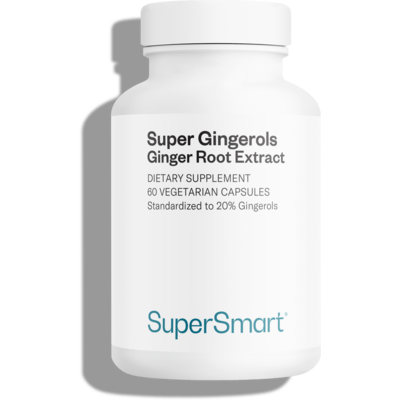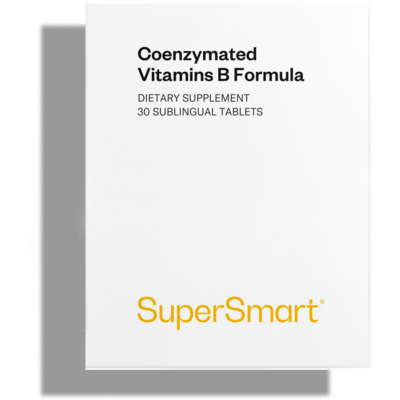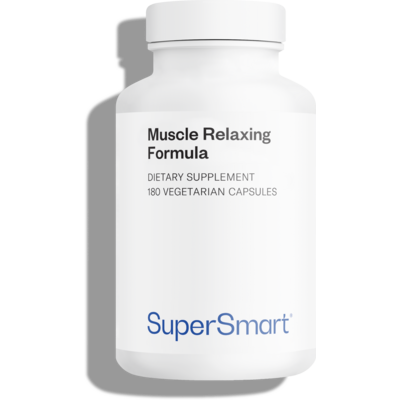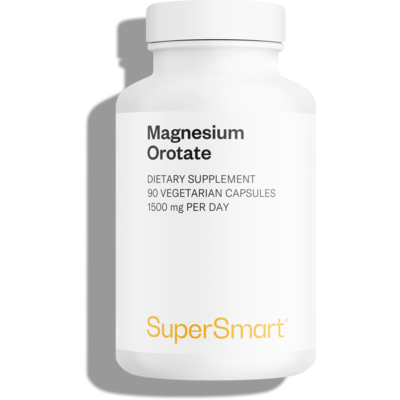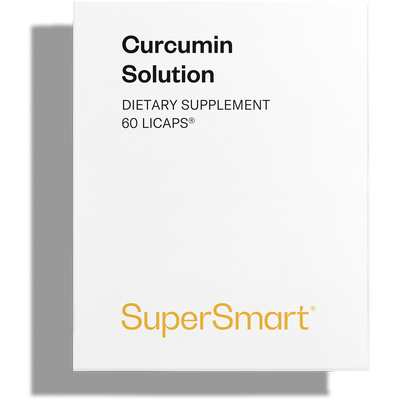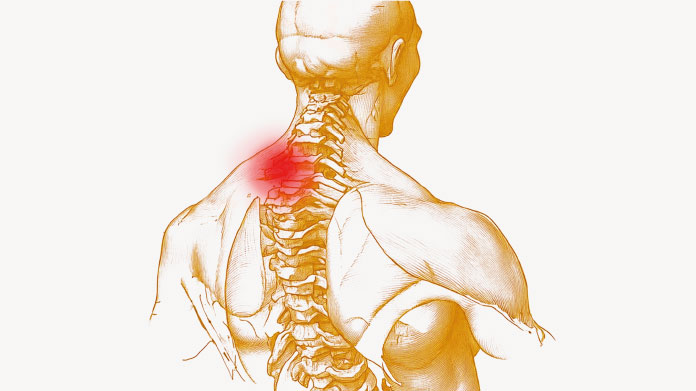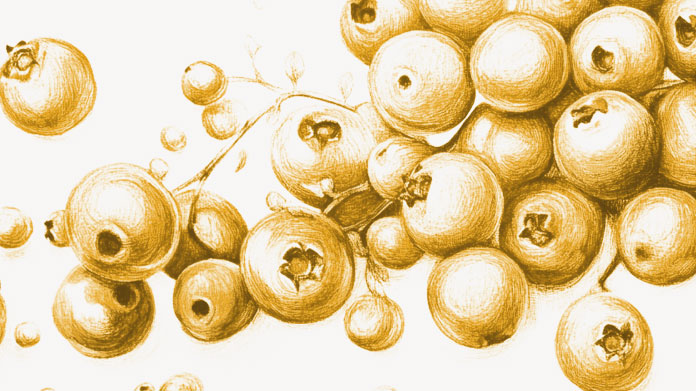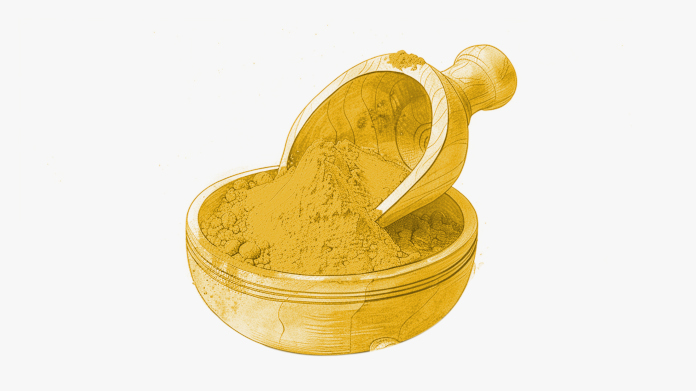Cervicobrachial neuralgia: 5 traditional remedies from grandma’s medicine chest
Cervicobrachial neuralgia is chronic pain that starts in the neck and radiates to the arm. What causes it, and more importantly, what traditional home remedies can help relieve its symptoms?
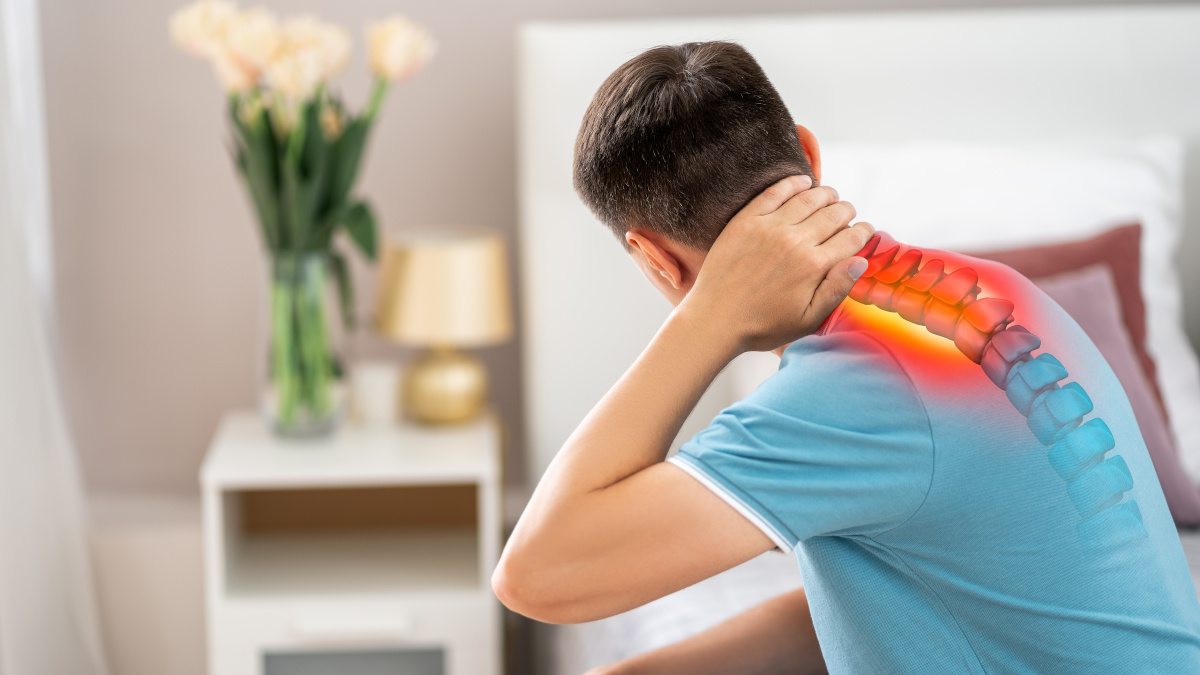
What is cervicobrachial neuralgia?
As its name suggests, cervicobrachial neuralgia describes pain that occurs on a nerve pathway originating in the cervical spine (ie, the neck) and extending into the upper limb connected to that nerve (the left or right arm, cervicobrachial neuralgia being generally unilateral) (1).
Causes of this neuralgia
The main causes of cervicobrachial neuralgia, sometimes known as ‘sciatica of the neck’, are (2) :
- cervical disc herniation, ie, the displacement of a disc between the cervical vertebra which causes compression of the emerging nerve root ;
- cervical osteoarthritis (or cervical spondylosis), which compresses the nerve by causing a narrowing of the opening through which the spinal nerves exit;
- a fracture;
- a tumor.
There are other, more complex causes behind similar symptoms to those of cervicobrachial neuralgia. However, in the vast majority of cases, cervicobrachial neuralgia is triggered by a herniated cervical disc or cervical osteoarthritis.
Symptoms of cervicobrachial neuralgia
Symptoms are (3) :
- pain in the arms (often in the shoulder but sometimes extending to where the biceps meets the forearm) ;
- pins and needles and numbness in the extremities ;
- heaviness in the shoulder blades ;
- pain radiating to the chest;
Complications
The main complication of cervicobrachial neuralgia is resistance to treatment, which may require the patient to undergo surgery to obtain effective symptom relief. If the condition worsens, sufferers may experience severe sensory and motor impairment in the affected arm, which can be incapacitating.
Exercises and strength training
One of the main treatments for cervicobrachial neuralgia is, in the first instance, rest. Subsequently, however, patients are now increasingly advised to perform exercises designed to strengthen the muscles around the affected joints, namely the neck and shoulder.
Physiotherapists therefore often prescribe simple, gentle exercises, such as shoulder shrugs, neck rotations and arm movements, the aim of which is to delicately strengthen the trapezius and deltoid muscles.
The stronger and sturdier the muscle structure surrounding a joint, the less the joint will suffer stress on exertion. These exercises therefore help to relieve pain.
Can you continue to work with cervicobrachial neuralgia?
Only a doctor can decide, on a case by case basis, whether it’s possible to carry on working with cervicobrachial neuralgia. He or she will take into account its cause (hernia or arthritis), the severity of the problem causing the symptoms, the patient’s age and his or her job.
If the patient has suffered sensory or motor impairment, then physically-demanding work will clearly be impossible. At the same time, in the absence of re-education or exercises to improve the posture and strength of the back and joints, a job that involves sitting in front of a computer for hours may also lead to complications.
Anyone with cervicobrachial neuralgia is therefore strongly advised to consult a doctor to obtain a firm diagnosis.
5 traditional home remedies for cervicobrachial neuralgia
Drugs prescribed for the relief of cervicobrachial neuralgia symptoms largely consist of muscle relaxants. You also have the option of using traditional home remedies to support your recovery, with the agreement of your doctor.
1) Massage with essential oils
The best natural muscle relaxant is still massage! So if you suffer from cervicobrachial neuralgia, go and see a masseur-physiotherapist or ask a family member to give you a massage.
The best approach is to prepare a massage oil based on a neutral plant oil mixed with essential oils, particularly peppermint which is known to promote muscle relaxation (4).
2) Plants with relaxing properties
Valerian, lemon balm, passiflora and camomile are all plants with muscle-relaxant properties, widely recommended both by our grandmas and by today’s naturopaths for relieving cervicobrachial neuralgia.
Use them to make herbal teas, and drink 3 times a day, or take them in the form of dietary supplements, in a synergistic relaxing formulation for example. These soothing plants will also help you sleep more soundly, so that you wake up pain-free.
3) Two essential kitchen ingredients
A quintessential ayurvedic plant, turmeric offers multiple health benefits. While its rhizome (or root) is widely recognized for supporting the immune and respiratory systems, as well as the liver and skin, it is also believed to have anti-inflammatory and analgesic properties (5).
Consuming turmeric is therefore another of our suggested ‘grandma’ remedies! It should ideally be used fresh, in order to retain enough of its most powerful active ingredient, curcumin, to provide health benefits, or in the form of a curcumin supplement with high bioavailability.
Unsurprisingly, ginger, from the same family as turmeric, is a similarly effective natural remedy for relieving cervicobrachial neuralgia. Ginger root contains gingerol, a powerful active ingredient with the same anti-inflammatory and pain-relief properties as turmeric (6).
4) Vitamins to consider
Certain vitamins may also be beneficial for this complaint.
Firstly, the B vitamins which are essential for nerve health. The aim of supplementing with B vitamins is to regenerate the damaged nerve sheath. Try a formulation such as Coenzymated B Formula, which contains the complete range of B vitamins. Consult your doctor to find out if you should take it and at what point in your treatment.
Vitamin D, may also benefit sufferers of cervicobrachial neuralgia. Deficiency in this vitamin is associated with an increased risk of musculoskeletal pain and neurological problems.
5) Magnesium
There can be few grandmas who have not at some point used magnesium as a home remedy. And justifiably so, as deficiency in this mineral is particularly widespread among Western societies. Yet magnesium plays a key role in supporting nerve transmission and muscle relaxation following contraction (7).
Taking a bioavailable magnesium supplement (such as Magnesium Orotate) may therefore be beneficial for relaxing the neck muscles, trapezius and deltoids in those with cervicobrachial neuralgia, thus helping to relieve symptoms.
LE CONSEIL SuperSmart
References
- AIMARD, G. et CHARLES, N. Cervicobrachial neuralgia: diagnostic problems in neurology. Journal of Neuroradiology= Journal de Neuroradiologie, 1992, vol. 19, no 3, p. 149-153.
- PAKSOY, Yahya, LEVENDOGLU, Funda Dinç, ÖGÜN, Cemile Öztin, et al.Vertebral artery loop formation: a frequent cause of cervicobrachial pain. Spine, 2003, vol. 28, no 11, p. 1183-1188.
- BOUVIER, M1. Clinical semiology of common cervicobrachial neuralgia. Data from 50 hospital cases. Journal of Neuroradiology= Journal de Neuroradiologie, 1992, vol. 19, no 3, p. 146-148.
- SINGH, Prakash, KUMAR, Ravendra, PRAKASH, Om, et al.Seasonal variation in the essential oil composition of Mentha aquatica L. and its myorelaxant activity. Journal of Essential Oil Bearing Plants, 2020, vol. 23, no 2, p. 363-374.
- PAULTRE, Kristopher, CADE, William, HERNANDEZ, Daniel, et al.Therapeutic effects of turmeric or curcumin extract on pain and function for individuals with knee osteoarthritis: a systematic review. BMJ Open Sport & Exercise Medicine, 2021, vol. 7, no 1, p. e000935.
- TERRY, Rohini, POSADZKI, Paul, WATSON, Leala K., et al.The use of ginger (Zingiber officinale) for the treatment of pain: a systematic review of clinical trials. Pain medicine, 2011, vol. 12, no 12, p. 1808-1818.
- VAN DER PLAS, Anton A., SCHILDER, Johanna CM, MARINUS, Johan, et al.An explanatory study evaluating the muscle relaxant effects of intramuscular magnesium sulphate for dystonia in complex regional pain syndrome. The Journal of Pain, 2013, vol. 14, no 11, p. 1341-1348.
Keywords
13 Hours
The new packaging is excellent
The new packaging is excellent - finally! No more squashed boxes and torn envelopes.
GORAN
1 Days
Great Product
Great Product
Larry Garrett
5 Days
Quick shipping
Quick shipping; good price. No issues!
Mary McCarty
7 Days
Thr product is very good and is helping…
Thr product is very good and is helping me on my health. Then is always on time
LUGO Luz
9 Days
Buying was fine
Buying was fine. I had problems with the website not recognizing my login info, and had to call to get it fixed. Other than that, everything was good.
David S. Clark
10 Days
Your super maca and super ginseng are…phenomenal
Your super maca and super ginseng are phenomenal supplements that compliment each other when taking them together. Fantastic feeling of well-being and lots of mid day energy without the crash.
Keith Mason
12 Days
I have had amazing results with every…
I have had amazing results with every supplement I've purchased. I am extremely satisfied with this company
kirstin Torres
12 Days
Fine products
Fine products . They are on the leading edge of online supplements. The only issue -so far-is they sometime run out of subscription items.
Jason Argos
15 Days
The ordering process is very user…
The ordering process is very user friendly and the products always come in a timely manner.
CARTER Rhonda
16 Days
The price for Dr
The price for Dr. Pero's AC-11 is reasonable and in line with his views. (my former colleague). Keep it pure.
CAMPBELL Clayton
19 Days
Right on every time.
Right on every time.
Arthur Nicholas
22 Days
They are cheaper than everyone else and…
They are cheaper than everyone else and the shipping was fast. Great company.
Patricia Adams
28 Days
Availability of quality health…
Availability of quality health supplements and it's wide variety is impressive. Ordering is seamless and shipping even during the holidays is well streamlined.
Mohamad Hussein
43 Days
A Product worth waiting for when not…
A Product worth waiting for when not available and then arriving as a surprise!
DOMINIC
44 Days
On time shipping
On time shipping
GEORGE Verne


